History and Geopolitics All books

Jean-François Bensahel
France and Threatened Sovereignty
What may one hope for from a united Europe? What will be the future of France? Discouraging of both European illusions and those myths of the 1980s, the money-king and the triumphant individual, this work provides an indispensable reflection on how to tackle the difficult years ahead, to avert the explosive risks that weigh heavily on society and restrict the actions of the French State. Jean-François Bensahel, an ex-student of L'Ecole Normale Superior and the Ecole de Mines, holds a graduate degree in mathematics and is a high-level functionary.
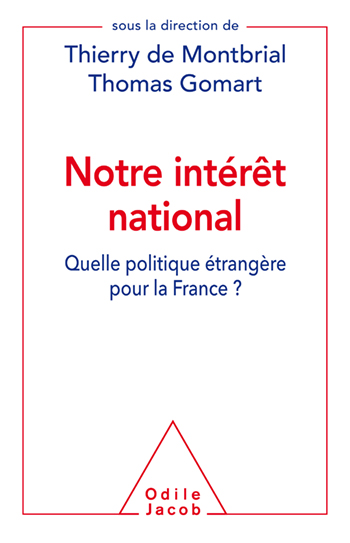
Thierry deMontbrial, Thomas Gomart
France and the National Interest Is France’s foreign policy still guided by our own interests?
Fundamental to the upcoming presidential elections in the context of war in the Middle East and Africa, and of domestic insecurity. The book will be supported and promoted by the IFRI (Institut français de relations internationales).
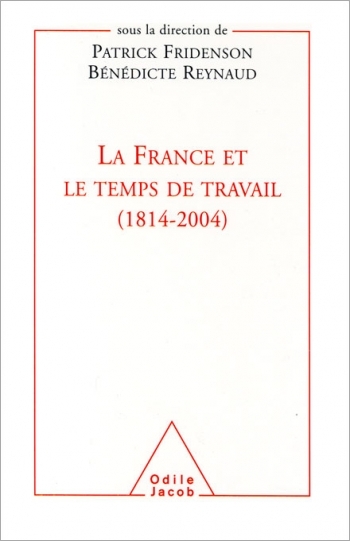
Patrick Fridenson, Bénédicte Reynaud
France and the Age of Work (1814-2004)
In this history about working hours in France during the nineteenth and twentieth centuries, the authors present two highly original theses which go against some established ideas. Their first thesis is that the limitation or reduction of labour hours was not a political, social or economic issue but primarily a question of public health. The authors second thesis is that the movement for shorter hours was never a major demand of the trade unions since absenteeism served to regulate working hours but the policy of national and international institutions. This is a history book which responds to an impassioned issue in recent French political events. Patrick Fridenson is a historian. Bénédicte Reynaud is an economist.
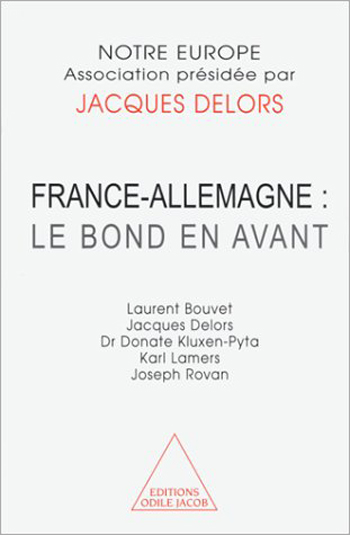
Jacques Delors
France and Germany - the Leap Forward
"During the past fifty years, the Franco-German ship has been shaken by numerous storms--although they never seriously halted her forward movement. In our opinion, strengthening the friendship between our two countries and working towards European political union will not lead to the loss of our French and German identities, nor will it dampen their vitality, for there can be no great design unless our national communities are fully alive and strengthened by a sense of social and citizens' cohesion." Jacques Delors
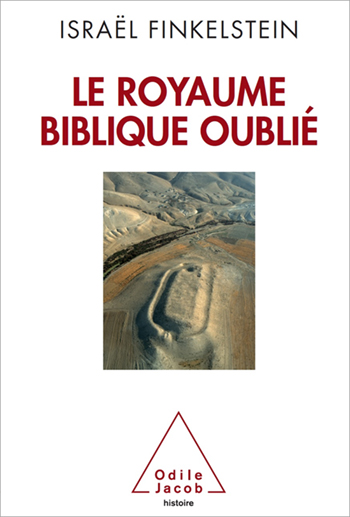
Israël Finkelstein
The Forgotten Biblical Kingdom
One of the world’s greatest archaeologists reveals what the Bible doesn’t tell us.
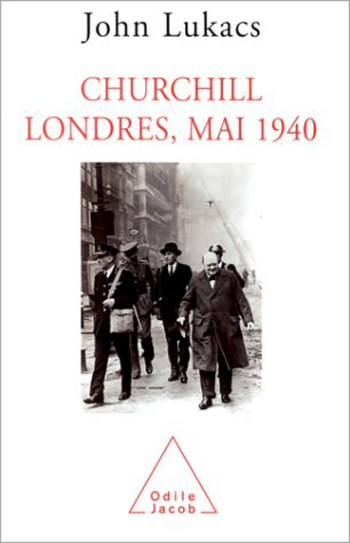
John Lukacs
Five Days in London: May 1940
The days from 24 to 28 May 1940 significantly altered the course of the history of the past century. When German troops reached the Atlantic coast, the British counterattack resulted in the disaster of Dunkirk. Europe was on its knees. Britain seemed powerless. For several critical days, at 10 Downing Street, the British cabinet debated whether to negotiate or to continue the war against Hitler. And if the war was to be continued, how would it be fought? What hope was left? Lukacs takes us into the crucial unfolding of these five days that changed history. The events described here provide a lesson in courage as much as in politics. John Lukacs is a former professor of history at Chestnut College in Philadelphia.
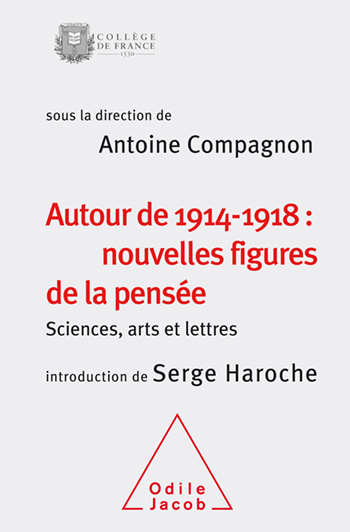
Antoine Compagnon
The First World War, 1914-18: New Thinkers and Artists Upheavals in Science and in the Arts and Letters
The Great War: ruptures and reconfigurations in society

